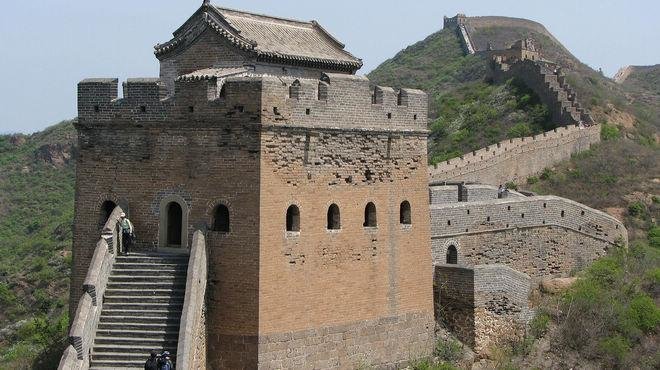
 |
| Belive it or not, there is no fan art for Horselords |
The next character is Yamun, the great Khan. His character is fairly clichéd, forbidding barbarian King. If anything he's a little more cuddly then many such characters. One thing about Yamun's character, his desire to conquer the Dragonwall is inviolate. He is unable to even consider compromise, and never questions his own judgement. I feel this was a very deliberate choice by Cook, and I don't know, in the end if it reads as one-dimensional or as complex. After all not all characters have to be mealy mouthed and full of internal conflict to be interesting. Often in real life the most interesting people are the most blind. In many respects this novel surpasses the genre of stock swords and sorcery fiction. Much of the story is the interaction between Koja and Yamun, and it takes on the sort of oscar seeking biopic you might expect from Anna and the King. Koja is cut off from all he knows, but did not have too many ties to that world as it was, having lived as a monk. That said, there are many unanswered questions, why was he chosen as a negotiator, and what of his life before he is made captive by the Khan. We are never told, and while the book has many positive elements to it, the lack of background it evinces for its characters is a major failing.

Cliche: Orientalism is probably the worst, the book is replete with customs and inferences drawn from ancient China. As a white person, I don't feel overwhelmed by said stereotypes, but I'm sure I might feel differently had I even a jot of Ghengis Khan's DNA. That said, apparently, like 10% of the world's population has Genghis Khan's DNA so maybe I do have some claim there. Fun fact, the term Khan, used in many fantasies is a Mongolian word for King. Although the web link is silent on which came first Genghis, or the Khan. Another cliche, The Good Advisor cliche, is highly evident for obvious reasons. Koja's conflict over how to advise the Khan, particularly in light of the serious conflict of interest is only lightly delved into it. It's the sort of thing that all of the Forgotten Realms novels tends to fail at: none of the characters have history. We do learn of Yamun's ascent to power, and his relationship with his mother-in-law and first wife, Bayalun, but of the advisor we learn little beyond his cloistered life as a yogi of this temple. I hate to cite the Stockholm Syndrome cliche, over played and tired as it is, but any discussion of Horselords has to at least mention the fact that Koja's relationship to Yamun should be a hostile one. One cliche certainly not in evidence are the typical Dungeons and Dragons cliches. There is not a single dwarf or elf in the place.
Completeness: The world of Horselords is the outskirts of the traditional Forgotten Realms. Even in Iron Helm, there was mention of the standard Realms, characters and outside influence from the realms we've come to know and love. Not so Horselords, not even the gods are similiar, and the Shou Empire and the Tuigan hordes of Yamun seem to not take place in the same space at all. Inspite of this, the novel is written well enough that this subrealm seems entirely plausible. The Tuigan as a people are entirely tribal and believable as wandering marauders with little interest in outside realms, save war. The Khazari, a tributary nation conquered by the Shou Empire provides some depth to the political landscape.
 |
| The Great Wall of China, of which this book is about. |
One thing that disappoints about David Cook's Horselords is the ending. A sort of standard double cross is planned, and SPOILER ALERT is never hatched, but is discovered well before the trap is sprung. While the double-cross was standard stuff, it was the dramatic conclusion to the novel, and without it, the ending was sort of uninspiring. I wonder what happened there. It was all set up... The novel is the first of a trilogy, so perhaps it was hacked to death and given this rather contrived ending to pick up the drama in later novels. Regardless, the next in the series, Dragonwall is next on my FR list.

